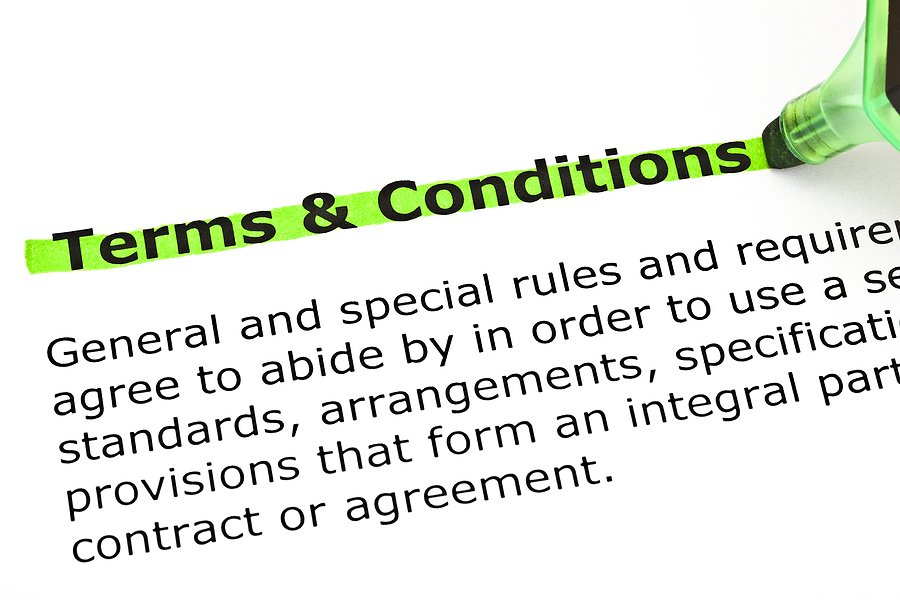Navigating the bail bond process can be daunting, especially if you’re unfamiliar with how it works. In Indiana, understanding how to pay for a bail bond is crucial for anyone seeking to secure the release of a loved one or themselves from custody. This guide will take you step-by-step through the bail bond process in Indiana, highlight the various payment options available, and provide tips on choosing a reputable bail bond company.

The Bail Bond Process in Indiana
When someone is arrested in Indiana, they may be given the opportunity to post bail, allowing them to remain out of jail until their court date. Bail serves as insurance that the defendant will return for their court proceedings. If you’re new to the bail process, understanding the steps involved is essential.
First, a judge sets the bail amount, considering factors like the severity of the crime, the defendant’s criminal history, and their likelihood of fleeing. After bail is set, the defendant has two options: pay the full bail amount directly to the court (known as a cash bond) or engage a bail bondsman.
A bail bondsman is a licensed agent who provides the court with a surety bond, guaranteeing the defendant’s appearance in court. In exchange for posting bail, the defendant pays the bondsman a non-refundable fee, typically a percentage of the total bail amount. This fee is where the cost aspect of bail bonds becomes critical.
Understanding the Cost of a Bail Bond
In Indiana, the cost of a bail bond is usually 10% to 15% of the total bail amount. For example, if the bail is set at $10,000, and the bail agent charges 10% rate, the defendant would typically pay the bail bondsman $1,000. It’s important to note that this fee is non-refundable, regardless of the outcome of the case.
The cost of securing a bail bond can be a significant financial burden, particularly for middle-income families. Additionally, some bail bond companies might charge additional fees for services like travel, phone calls, or document preparation. Before signing any agreement, ensure you understand all costs involved.
Some states have regulations concerning the maximum fee rates that bail bond companies can charge, but these can vary. In Indiana, it’s essential to research and understand these regulations to avoid overpaying.
Options for Paying for a Bail Bond in Indiana
Paying for a bail bond doesn’t have to be a one-size-fits-all solution. Indiana offers several payment methods to accommodate different financial situations. Here’s how you can pay:
Cash Payment
Paying with cash is a straightforward option if you have the necessary funds available. It involves paying the bail bondsman the full fee upfront. While this method is direct, it may not be feasible for everyone. However, paying in cash can often expedite the process, allowing for a quicker release from custody.
Using Collateral
If cash is not an option, using collateral can be a viable alternative. Collateral can include property, vehicles, jewelry, or other valuable assets. The value of the collateral should match or exceed the bail amount to satisfy the bail bond company.
While using collateral can ease financial pressure, it’s crucial to understand the risks involved. If the defendant fails to appear in court, you risk losing the collateral. Therefore, carefully consider this option and ensure you are comfortable with the potential consequences.
Bail Bond Loans
In some cases, individuals may choose to take out a loan to cover the cost of a bail bond. Bail bond loans are typically offered by specialized lenders who understand the urgency and nature of the bail process. If you’re considering a loan, compare interest rates and terms from different lenders to find the best deal. Keep in mind that taking out a loan for a bail bond can add to your financial obligations, so weigh this decision carefully alongside other options.
Legal Implications and Responsibilities of Cosigning a Bail Bond
Becoming a co-signer on a bail bond is a serious responsibility. When you co-sign, you commit to ensuring the defendant appears in court. If they fail to do so, you may be held financially accountable for the full bail amount.
Before cosigning, have an open discussion with the defendant about their responsibilities and the importance of attending their court dates. Ensure you trust the individual and feel confident that they will meet their obligations. If you’re unsure, it might be wise to seek legal advice before proceeding.
Additionally, understand the implications of bail bond revocation. If the defendant violates bail conditions, the court can revoke the bail, leading to arrest and forfeiture of the bail amount. As a co-signer, you should keep communication lines open with both the defendant and the bail bond company.
Tips for Finding a Reputable Bail Bond Agent in Indiana
Choosing a trustworthy bail bond agent is crucial for a smooth process. Here are some tips to guide your selection:
- Research and Reviews: Start by researching local bail bond companies and reading customer reviews. Websites like Google or Yelp can provide valuable insights into a company’s reputation.
- Licensing and Accreditation: Verify that the bail bondsman is licensed to operate in Indiana. You can confirm this information with the state’s Department of Insurance.
- Transparency: A reputable bail bond agent should be transparent about their fees, processes, and terms. Avoid agents who are vague or unwilling to provide clear answers.
- Availability: An effective bondsman should be available 24/7, as arrests can happen at any time. Ensure they offer around-the-clock support to address your needs promptly.
Conclusion
Navigating the bail bond process in Indiana can seem overwhelming, but understanding your options and responsibilities can make it manageable. Whether you choose cash, collateral, a payment plan, or a loan, make sure you are informed about each method’s implications.
Finding a reputable bail bond agent is equally important, as they guide you through the process and provide support. By researching and selecting an agent wisely, you’ll ensure a smoother experience.
If you or a loved one needs assistance with bail bonds in Indiana, take the time to consider your payment options and responsibilities. Talk to a trusted bail bondsman, and remember to stay informed every step of the way. For further resources, contact local legal aid organizations or explore government websites dedicated to bail bond information.
Are you looking for more information on bail bonds? We can help. Contact Woods Bail Bonds at 317-876-9600 for 24 hour bail bond services in Indianapolis, Indiana you can trust. We also offer prearranged bail bond service for arrest warrants and probation violations.
Related Posts:
Frequently Asked Questions about Making a Bail Bond Payment
Which Payment Types are Accepted By Bail Bondsmen?
Everything You Need to Know About Bail Money






